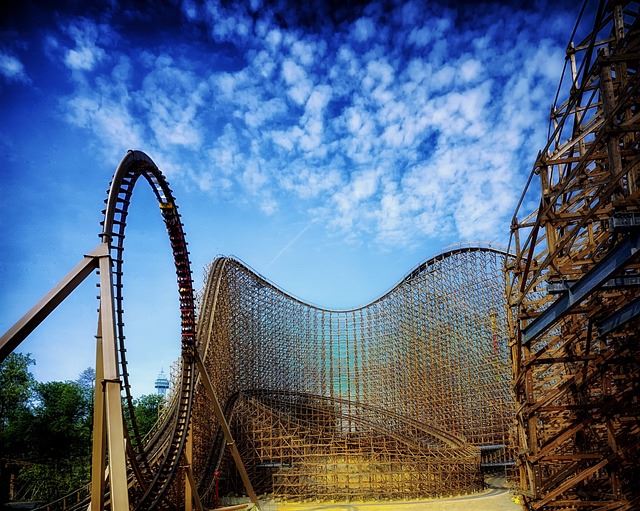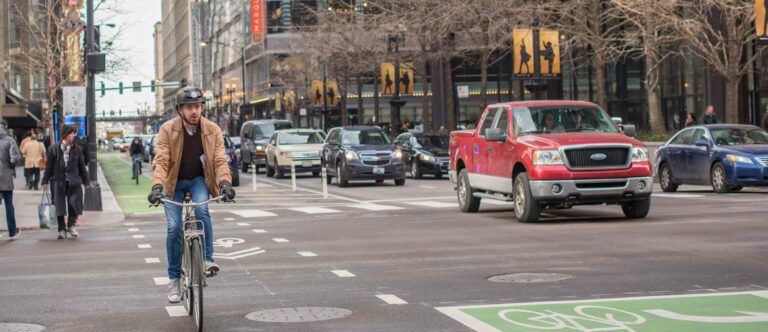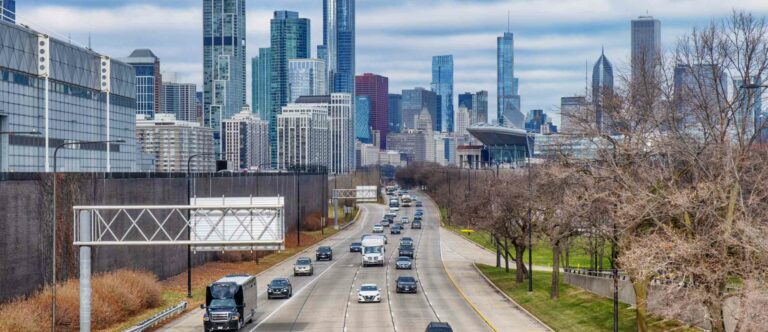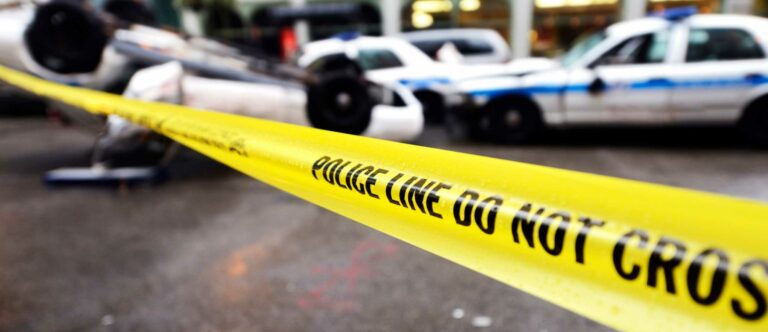Amusement parks can be a great source of fun, but they can also be a very dangerous place. Thousands of people are injured every year at amusement parks, but who takes responsibility when a park guest is injured? So let’s discuss when a person is injured at an amusement park and decides to pursue an injury claim against said park. This is when the laws of premises liability are typically applied. Premises liability refers to the set of laws used to determine if anyone is liable when a particular condition or use of building, land or other premises causes an injury. In regards to amusement parks, this includes rides, activities, and the general conditions of amusement parks. Although premises liability rules vary from state to state, premises liability usually recognizes three different types of persons on land. These different types of persons are: trespassers, licensees and invitees. Premises liability also includes different degrees of care owed by the owner to each type of person. For example, some states do not distinguish between the types of people, but instead argue that the amusement park owner is responsible to make the park reasonably safe under any circumstances.
Invitees on Park Premises
There are usually always two types of injured persons in regards to amusement park liability. These two types include: someone who was admitted to the park and allowed to be where they were when the accident happened, an invitee, or someone who was trespassing.
Amusement park owners must maintain that all aspects of the amusement park are in safe conditions for an invitee to be admitted to the park. But if the amusement park owner consciously knew or should have recognized a dangerous condition, they are responsible for warning the person who enters the amusement park. Failing to warn a patron at the amusement park is considered failing to live up to one’s responsibility and is considered a “breach of duty,” thus making the amusement park owner liable to the injured person in a personal injury lawsuit.
Trespassers on Park Premises
However, if the person was trespassing on the property of the amusement park, the amusement park owner does not have any responsibility to warn the patron. This is because the amusement park owner did not intend to cause harm. For example, if a patron sneaks into the amusement park when it is closed, they are clearly trespassing because they are going to the park when it is obviously prohibited. This is also relevant to when a patron goes somewhere in the park that is clearly off limits due to something such as construction or renovations. Trespassing is a hotly-debated issue, because the patron trespassing can argue that they did not know they were entering an off-limits area. Whether this is true or not, the amusement park owner can still be held liable.
Ride Safety & Maintenance
One must also consider the amusement park rides themselves. Amusement park owners have a responsibility to ensure that rides are safe for use. This means having proper restraints, frequent maintenance, and safety inspections. Owners must also have safety instructions stated and employee supervision on the rides. Contrary to popular belief, if a patron is injured on a ride this does not mean that the amusement park owner is automatically liable in a personal injury lawsuit. For example if the patron did something such as disregard the safety instructions or did not utilize the proper ride restraints, the amusement park owner did not breach its responsibility to protect the patron. This is because the injured patron clearly disregarded the safety instructions and the amusement park owner cannot be found liable for any of the patron’s resulting injuries.
Some amusement park owners would like to claim that a ride malfunction was a “freak” accident. However, this is unlikely to be a successful claim because the amusement park owners have a responsibility to inspect and maintain the rides to ensure they are safe. Since amusement parks are already very dangerous, if an amusement park ride malfunction should occur, the owner has a responsibility to ensure that the amusement park ride conditions leading to said malfunction are identified and fixed. Another possibility is that along with premises liability claim, an injured patron could sue the manufacturer of the ride for product liability if the ride had a faulty design or an inherent defect.
Along with maintaining the amusement park rides, the amusement park owner must keep the grounds of the amusement park free from hidden dangers. This can be done by fixing said dangers or adequately warning amusement park patrons. This can include anything from warnings of slippery surfaces, providing railings on steep stairs and cleaning up spilled food, if there is an obvious danger and there is no risk a regular patron would fail to notice the danger under any circumstances, there then is no responsibility of the owner to warn the amusement park patrons.
About Harvey L. Walner Law® & Associates
We are a highly respected Chicago law firm and will promptly answer your questions. Our attorneys have over 75 years of combined legal experience in personal injury specializations, including personal injury accidents, worker’s compensation, medical malpractice, and wrongful death cases. If you believe you have a personal injury case, contact us today.


 Skip to content
Skip to content








